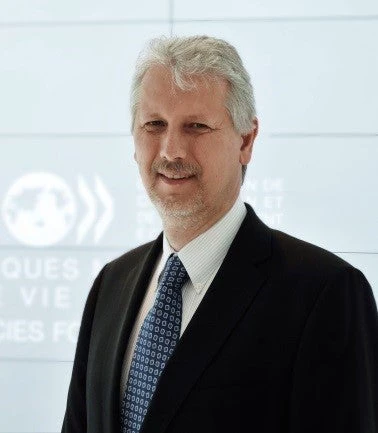 Photo: Shutterstock
Photo: Shutterstock
Governments around the world are taking broad and rapid actions to address an unprecedented health emergency and economic crisis. The speed and scale of governments’ responses to the crisis have placed enormous strains on the public sector and presented new and deepened opportunities for corruption to flourish.
At its worst, corruption can divert scarce resources from the people and places who need them most, leading to unnecessary suffering and even loss of life. The rapid procurement and delivery of medical supplies, and the distribution of emergency financial assistance to businesses and individuals can lead to real and perceived risks of profiteering. Contracts can also be awarded to favored firms and groups, particularly when oversight procedures designed to control corruption have been short-circuited to facilitate the speed of the response.
As governments transition from crisis to recovery, the need for stocktaking, learning important policy lessons and ensuring accountability for actions taken during the emergency will be paramount. Governments will also face renewed attention from citizens and the international community to strengthen their institutions of accountability, including the rules and practices for preventing and managing conflicts of interest.
The World Bank, the Organisation for Economic Co-operation and Development (OECD) and the United Nations Office on Drugs and Crime (UNODC) have joined forces to produce a Good Practices Guide on Preventing and Managing Conflicts of Interest in the Public Sector. This Guide has been developed at the request of and with inputs from the G20 Anti-Corruption Working Group, drawing on experiences from G20 countries and beyond to illustrate good practices and innovations. It will be useful to government practitioners and civil society organizations seeking to strengthen their country’s implementation of anti-corruption laws and policies as well as their commitments under the United Nations Convention against Corruption (UNCAC).
For more information on the World Bank’s support to global and national anti-corruption see here
For more information on the OECD’s support to global and national anti-corruption see here
For more information on UNODC’s support to global and national anti-corruption efforts, see here
Our institutions will be discussing the Guide and the challenges and opportunities for preventing conflicts of interest in the public sector with practitioners, academics and civil society at the forthcoming International Anti-Corruption Conference (IACC) hosted by Transparency International and the Republic of Korea. We look forward to a rich discussion and to continuing our support to this vital agenda.




Join the Conversation